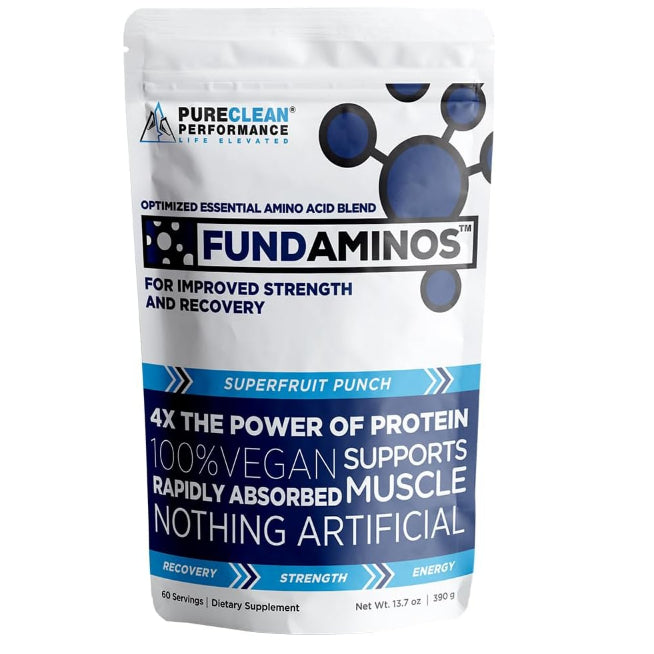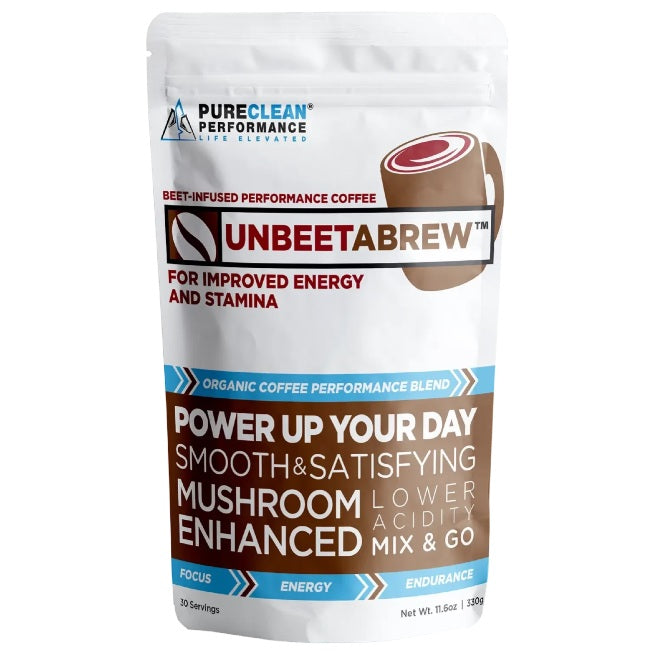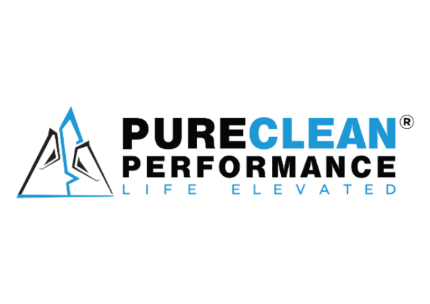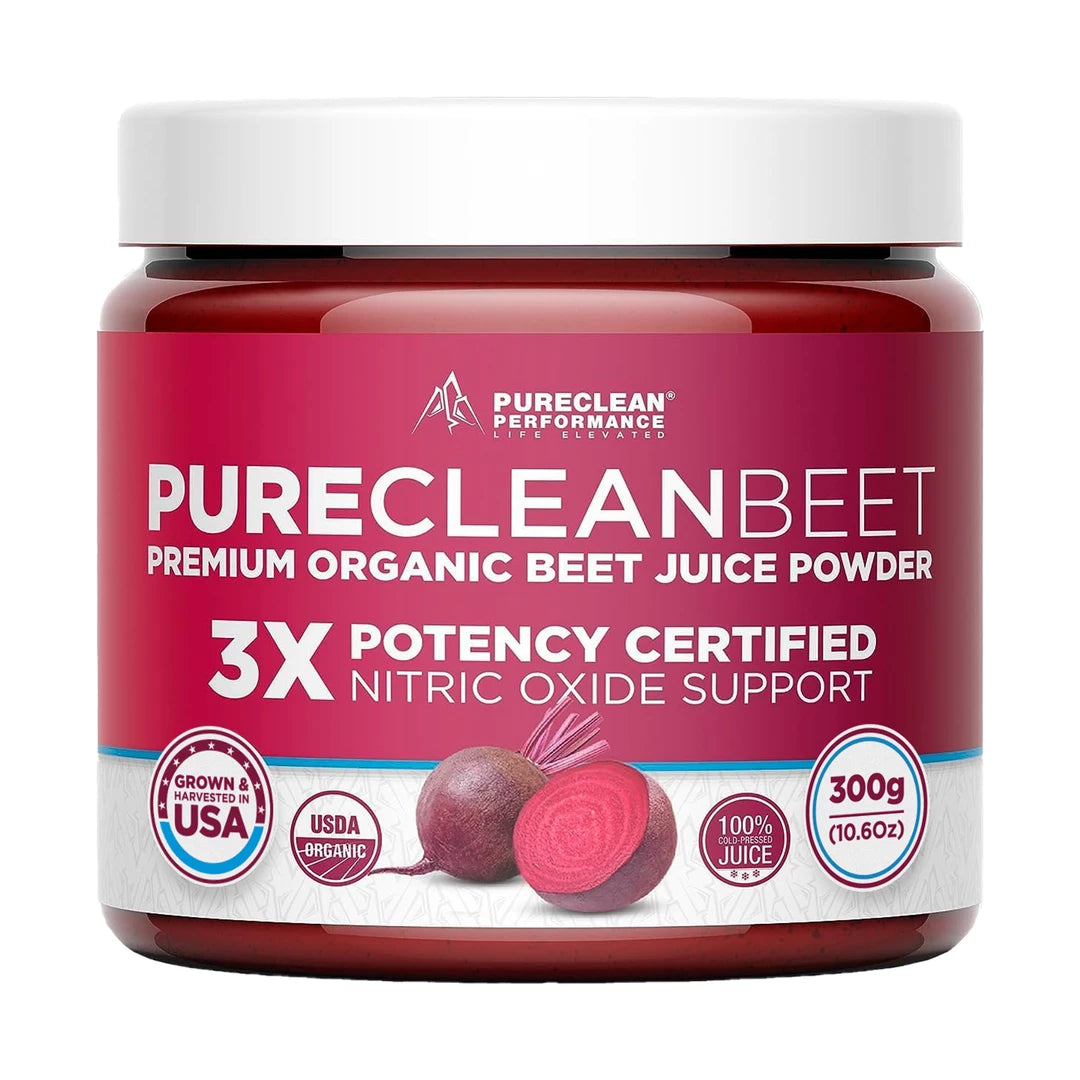WHAT IT MEANS TO BE METABOLICALLY HEALTHY (PART 3)
Top 8 Misconceptions About Health
Misconception #1: You Can Tell How Healthy Someone Is by Their Appearance
As we discussed above, physical appearance isn’t always a good indicator of health. Of course, excess body weight and fat are good indicators of metabolic dysfunction, but the lack thereof doesn’t guarantee good health. I know several skinny people among my circle of friends and family who aren’t metabolically healthy.
Misconception #2: Plant-Based Diets Are Healthy
I firmly believe that a species-appropriate diet for humans is centered around animal meat and organs, paired with a few of the least-toxic plants. As I discussed in my article comparing plants vs. meat, most plants don’t want to be eaten and thus deploy defense chemicals (i.e., antinutrients) to deter humans and animals from eating them.
If your diet predominantly consists of plants, you’re consuming more of those defense chemicals than your body can handle. Plus, you’re likely not getting enough micronutrients (vitamins and minerals) because some of them you can’t find in plants (such as vitamin B12) or they only exist in poorly absorbed variations (e.g., non-heme iron instead of heme iron or beta-carotene instead of retinol).
The combination of poor micronutrient availability and defense chemicals make most plants a less-than-ideal (i.e., unhealthy) source of food for humans.
Misconception #3: If You Work Out Every Day, It Doesn’t Matter What You Eat
I strongly believe that you can’t out-exercise a bad diet. I experienced that first-hand when I was a professional 100-meter sprinter in my youth and ate whatever I wanted. Not appreciating what impact good nutrition has on my body, I performed below my capabilities and got sick and injured a lot. Only after changing my dietary habits did my physical and mental performance dramatically improve, and did I stop getting sick and injured all the time.
There are countless other examples out there of supposedly “fit and healthy” individuals who suddenly fall ill or even die of diseases that a healthy metabolism and immune system can easily fight off.
That’s why I believe physical activity alone won’t save your butt if you don’t also take care of your sleep, diet, tribe and environmental toxins. You can learn more about that in my article about the pillars that make up a healthy lifestyle.
Misconception #4: Deteriorating Health Is a Normal Part of Aging
I used to believe that getting sick and frail are normal signs of aging (for example, breaking your hip when you fall down the stairs at an advanced age is just how it works). I no longer believe that to be the case.
In fact, I strongly believe that if you live a lifestyle that’s consistent with how humans have evolved over millions of years, there is no reason why someone in their 80s shouldn’t be able to do most, if not all, of the things I can do right now in my 40s.
In other words, I believe that a deteriorating health is a sign of an inappropriate lifestyle rather than a normal part of aging. You can learn more about all the steps that I’ve taken to slow down aging in this article.
Misconception #5: Detoxing (Cleansing) Helps Me Stay Healthy
Many people believe that doing a juice cleanse or a detox protocol once a year is going to help them stay healthy. Unfortunately, that’s not the case.
Your body, and in particular your liver and kidneys, work to remove waste from your body 24/7. There isn’t anything you need to do other than not being in their way. Drinking plant-based juices, coffee and alcohol only increases your toxic load and makes it harder for your organs to do their job.
However, there is such a thing as a gut reset. For example, if you’re suffering from chronic GI issues due to an imbalance in your gut microbiome (too many “bad” and not enough “good” bacteria), consuming a strict carnivore diet for 30 days can help reset your gut by removing the foods (usually carbohydrates from plant-based sources) that your bad bacteria thrived on.
It’s also worth noting that certain fat-soluble toxins, such as endocrine-disrupting chemicals from plastics, can stay in your adipose (fat) tissue for months. As a result, it might take quite a while for your body to rid itself of these toxins as you’re losing weight as the result of your lifestyle changes.
You might even experience significant side effects from these chemicals as they leave your fat tissue and enter your bloodstream, before your liver and kidneys can remove them. That’s called a Jarisch–Herxheimer reaction.
The bottom line is that short-term diets and cleanses are usually not long-term fixes. Assuming a healthy lifestyle that you can sustain for the rest of your life is.
Misconception #6: Mental Health and Physical Health Are Two Separate Things
While certain traumatic events can surely impact one’s mental health, regardless of your physical health, there are many mental health problems that are directly related to lifestyle choices.
For example, Alzheimer’s is known as Type 3 diabetes (or diabetes of the brain) because it’s caused by a dysfunctional glucose metabolism in the brain. Specifically, the brains of people with Alzheimer’s appear to be insulin resistant — the same issue that leads to Type 2 diabetes.
Guess what causes insulin resistance?
The consumption of industrial seed oils and highly-processed carbohydrates.
Much like our dietary lifestyle is the major contributing factor to increasing our risk of developing Alzheimer’s, other lifestyle choices (e.g., poor stress management) are closely related to anxiety, ADHD and other mental illnesses.
As a result, I believe there’s a strong connection between physical and mental health — one which most of us, including health care professionals on all sides of the spectrum, tend to ignore.
Misconception #7: The Body Mass Index (BMI) is a Good Indicator of a Healthy Weight
The BMI is supposed to measure body fat based on the height and weight of an adult person. The higher the BMI, the more body fat someone has, indicating an unhealthy weight. Unfortunately, the BMI is highly flawed because it doesn’t take lean muscle mass into account.
For example, I’m 6 feet tall (182 cm) and weigh approximately 210 pounds (95 kg). These figures mean I have a BMI of 28.5, putting me square into the overweight category.
Misconception #8: Everything in Moderation is the Key to a Balanced Diet
I’m not a fan of the “everything in moderation” strategy because I don’t think including unhealthy foods in your diet is a good idea for the same reason I don’t make a little bit of tobacco part of my lifestyle: there’s no benefit of doing so in the long run, and the potential damage is huge.
That doesn’t mean I never consume any unhealthy foods.
For example, the night before drafting these lines, I enjoyed some of my mom’s homemade Christmas cookies that just arrived in the mail from Austria. But that doesn’t mean I consume cookies made from grains (flour) and processed sugar as a part of my everyday life.
I occasionally make exceptions that I know my body can handle because I treat it well most of the time. In other words, I make healthy choices based on nutritious foods the rest of the time.
Wrap-Up: What it Means to be Healthy
Being healthy means different things to different people. But my hope with this article is to give you the right tools to better judge your metabolic health so that you can make lifestyle changes that dramatically increase your chances of living a truly healthy life free of illness.
Ultimately, your well-being is the result of healthy habits (that are consistent with human evolution), including healthy eating, stress management, appropriate sleep patterns, spending time with your loved ones and avoiding environmental toxins.
If you take care of these areas of your life, you’ll likely extend your life expectancy, improve your quality of life and avoid many of the chronic health conditions that so many Americans suffer from.
THAT'S THE END OF THIS SERIES! THANKS FOR READING AND THANKS TO MICHAEL KUMMER!
The contents of this blog post or any information on purecleanperformance.com should not be taken as medical advice. It is not intended to diagnose, treat, cure, or prevent any health problem, nor is it intended to replace the advice of a physician. Always consult your physician or qualified health professional on any matters regarding your health.
Chose PureClean Performance Just How You Like It!

Fundaminos

UnbeetaBrew



